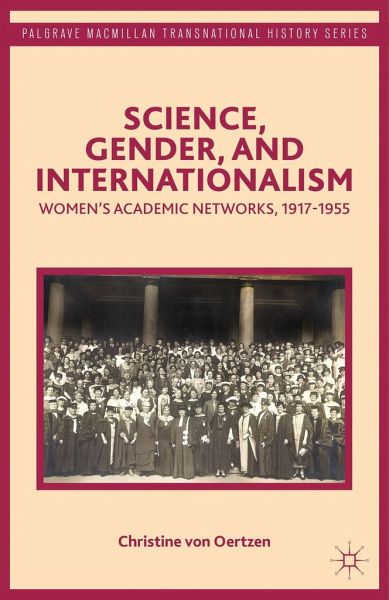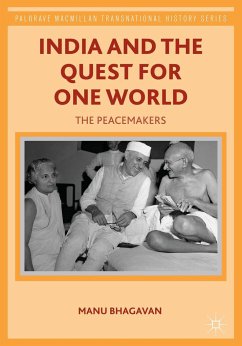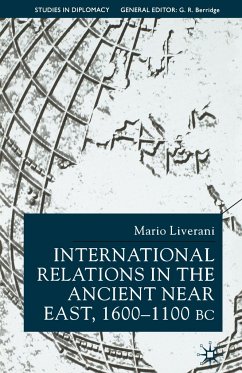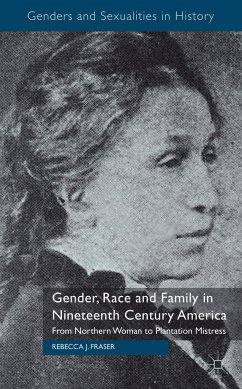
Science, Gender, and Internationalism
Women's Academic Networks, 1917-1955
Versandkostenfrei!
Versandfertig in 6-10 Tagen

PAYBACK Punkte
53 °P sammeln!





Founded in 1920, the International Federation of University brought together women committed to promoting higher education across divisions hardened by global conflict. Here, Christine von Oertzen traces the IFUW's international rise and Cold War decline, making a valuable contribution to the cultural, diplomatic, and intellectual history.
Christine von Oertzen is a Research Scholar at the Max Planck Institute for the History of Science in Berlin, Germany.
Produktdetails
- Palgrave Macmillan Transnational History Series
- Verlag: Palgrave Macmillan / Palgrave Macmillan US / Springer Palgrave Macmillan
- Artikelnr. des Verlages: 978-1-137-43888-1
- 2014 edition
- Seitenzahl: 325
- Erscheinungstermin: 24. Juli 2014
- Englisch
- Abmessung: 236mm x 152mm x 25mm
- Gewicht: 654g
- ISBN-13: 9781137438881
- ISBN-10: 1137438886
- Artikelnr.: 40580053
Herstellerkennzeichnung
Libri GmbH
Europaallee 1
36244 Bad Hersfeld
gpsr@libri.de
'This ambitious study of the International Federation of University Women in Britain, the U.S. and Germany from the interwar years through the 1950s is transnational history at its best. Von Oertzen has recovered a forgotten yet vital transatlantic network of impressive women scholars and judiciously assessed its accomplishments, tensions, and shortcomings. Her work offers new insights into national and international women's movements, the behavior of women's organizations in Nazi Germany, and the fate of women Jewish refugees. This cultural history of a vibrant multinational academic network is a welcome addition to gender history, cultural history, and the history of international institutions and exchanges.' - Mary Nolan, Professor of
Mehr anzeigen
History, New York University, USA
'High idealism for international peace framed the International Federation of University Women after World War I. Early personal and professional collaborations through tours, visits, and exchanges laid the groundwork for women academics in Britain and the United States to save, quite literally, hundreds of their peers in the wake of the Nazi rise to power. Christine von Oertzen's intimate portraits create a compelling narrative that reveals with candor and sensitivity the complexity and tensions within these networks reflecting feminism, science, and international relations.' - Sally Gregory Kohlstedt, Professor, History of Science, Technology and Medicine Program, University of Minnesota, USAp>
'High idealism for international peace framed the International Federation of University Women after World War I. Early personal and professional collaborations through tours, visits, and exchanges laid the groundwork for women academics in Britain and the United States to save, quite literally, hundreds of their peers in the wake of the Nazi rise to power. Christine von Oertzen's intimate portraits create a compelling narrative that reveals with candor and sensitivity the complexity and tensions within these networks reflecting feminism, science, and international relations.' - Sally Gregory Kohlstedt, Professor, History of Science, Technology and Medicine Program, University of Minnesota, USAp>
Schließen
Für dieses Produkt wurde noch keine Bewertung abgegeben. Wir würden uns sehr freuen, wenn du die erste Bewertung schreibst!
Eine Bewertung schreiben
Eine Bewertung schreiben
Andere Kunden interessierten sich für











